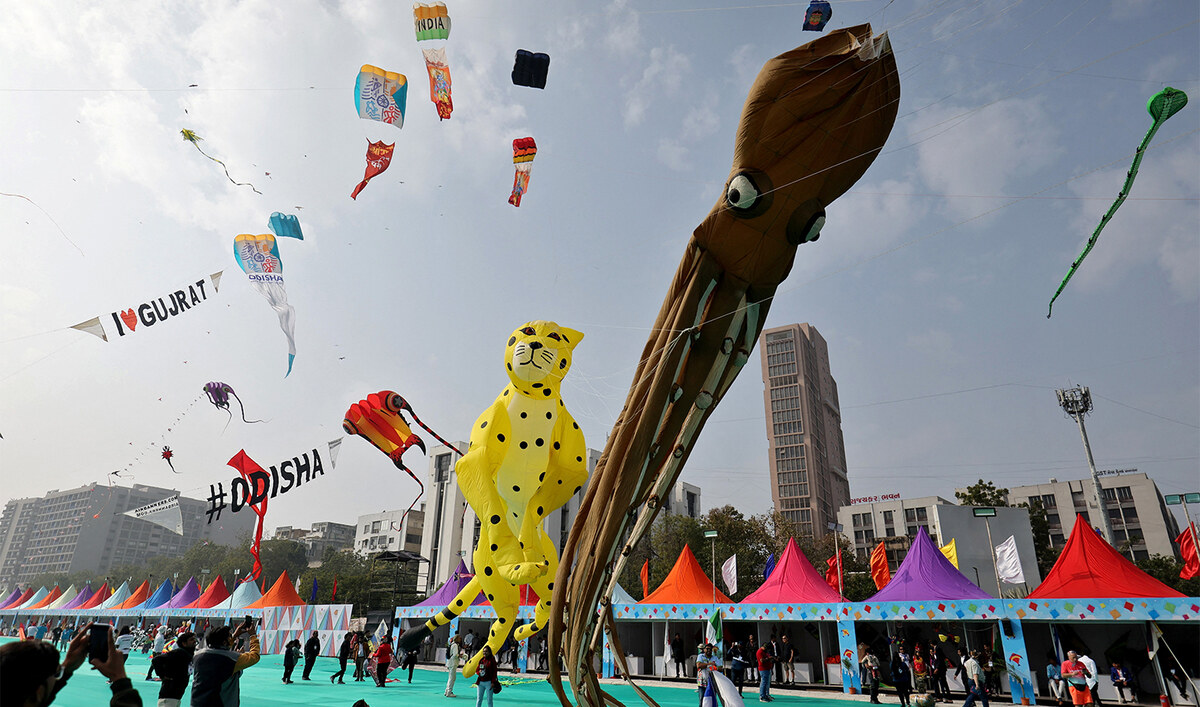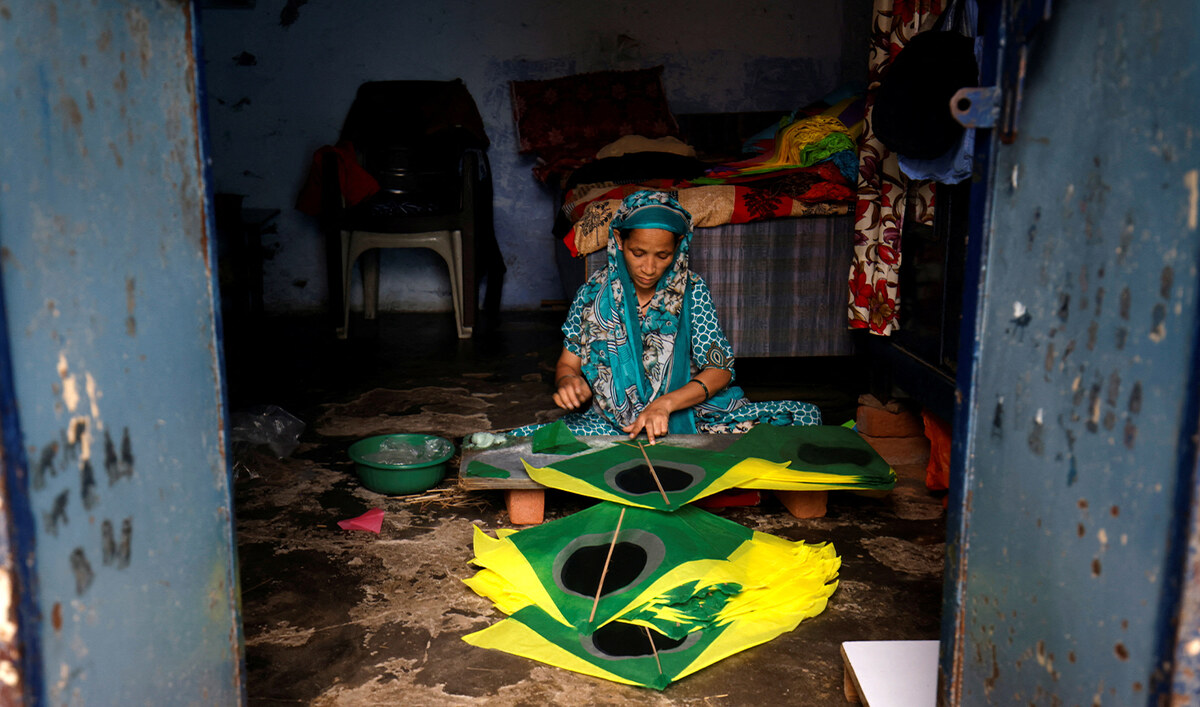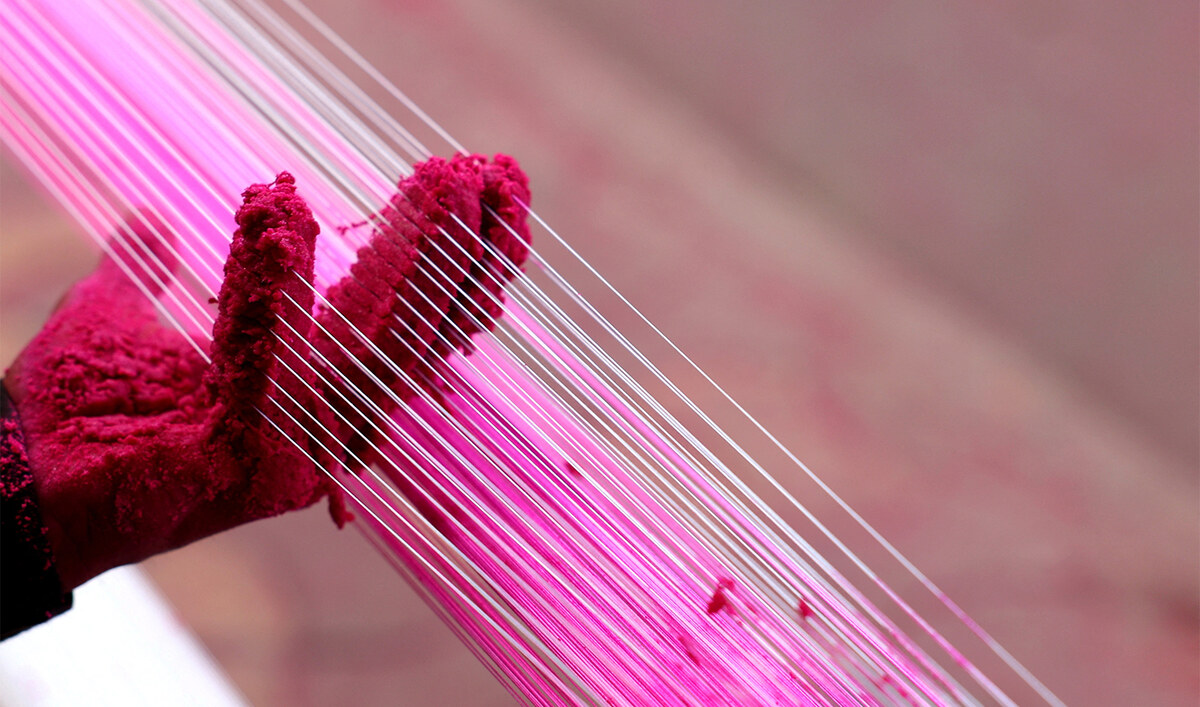MAMOUDZOU: French President Emmanuel Macron on Thursday arrived in Mayotte to assess the devastation wrought by Cyclone Chido on the Indian Ocean archipelago, as rescuers raced to search for survivors and supply desperately needed aid.
His visit to the French overseas territory comes after Paris declared “exceptional natural disaster” measures for Mayotte late Wednesday night to enable faster and “more effective management of the crisis.”
Located near Madagascar off the coast of southeastern Africa, Mayotte is France’s poorest region.
Macron’s plane landed at 10:10 a.m. local time with some 20 doctors, nurses and civil security personnel on board, as well as four tons of food and sanitary supplies.
Officials have warned that the death toll from the most destructive cyclone in living memory on French territory could reach hundreds — possibly thousands — as rescuers race to clear debris and comb through flattened shantytowns to search for survivors.
“The tragedy of Mayotte is probably the worst natural disaster in the past several centuries of French history,” Prime Minister Francois Bayrou said.
Macron was expected to travel with a small delegation to minimize the use of law enforcement resources needed elsewhere on the archipelago.
After an “aerial reconnaissance of the disaster area,” Macron will go to the Mamoudzou hospital center, according to an itinerary released Wednesday, to “meet with the health care staff and the patients being treated.”
He will also visit a neighborhood razed by the storm, meet with Mayotte officials, and outline a reconstruction plan.
A preliminary toll from France’s interior ministry shows that 31 people have been confirmed killed, 45 seriously hurt, and more than 1,370 suffering lighter injuries.
But officials say the toll could rise exponentially.
Besides declaring “exceptional natural disaster measures,” authorities have also imposed a nightly curfew to prevent looting.
In response to widespread shortages, the government also issued a decree freezing the prices of consumer goods in the archipelago at their pre-cyclone levels.
Products affected include mineral water, food and beverages, batteries, as well as basic hygiene, everyday and construction products, and animal feed.
Cyclone Chido, which hit Mayotte on Saturday, was the latest in a string of storms worldwide fueled by climate change, according to meteorologists.
Experts say seasonal storms are being super-charged by warmer Indian Ocean waters, fueling faster, more destructive winds.
An estimated one-third of Mayotte’s population lives in shantytowns whose flimsy, sheet metal-roofed homes offered scant protection from the storm.
At Mamoudzou hospital center, windows were blown out and doors ripped off from hinges, but most of the medics had taken to sleeping at their battered workplace on Wednesday as Chido had swept their homes away.
“It’s chaos,” said medical and administrative assistant Anrifia Ali Hamadi.
“The roof is collapsing. We’re not very safe. Even I don’t feel safe here.”
But staff soldiered on despite the hospital being out of action, with electricians racing to restore a maternity ward, France’s largest with around 10,000 births a year.
“The Mamoudzou hospital suffered major damage,” said the hospital’s director Jean-Mathieu Defour. “Everything is still functioning, but in a degraded state.”
In the small commune of Pamandzi, sheet metal and destroyed wooden structures were strewn as far as the eye could see.
“It was like a steamroller that crushed everything,” said Nasrine, a Mayotte teacher who declined to give her full name.
With health services in tatters, and power and mobile phone services knocked out, French Overseas Minister Francois-Noel Buffet on Wednesday night declared “exceptional natural disaster” measures for Mayotte.
Under a new emergency system for overseas territories, the measures will hold for a month, and can be renewed every two months after that.
It will “enable the local and national authorities to react more quickly while streamlining certain administrative procedures,” Buffet said.
Much of Mayotte’s population is Muslim, whose religious tradition dictates that bodies be buried rapidly, so some may never be identified.
Assessing the toll is further complicated by irregular immigration to Mayotte, especially from the Comoros islands to the north, meaning much of the population is unregistered.
Mayotte officially has 320,000 inhabitants, but authorities estimate the actual figure is 100,000 to 200,000 higher when taking into account undocumented migrants.
French military planes have been shuttling between Mayotte and the island of La Reunion, another French overseas territory to the east that was spared by the cyclone.
A “civilian maritime bridge” was launched between both island groups, said Patrice Latron, the prefect in La Reunion.
As of Wednesday, more than 100 tons of food was to be distributed.
“We’re moving to a phase of massive support for Mayotte,” he said, adding that around 200 shipping containers with supplies and water would arrive by Sunday.






























